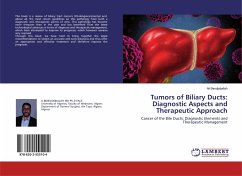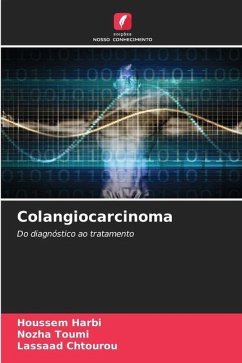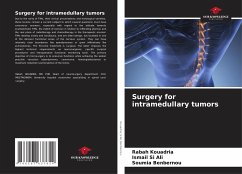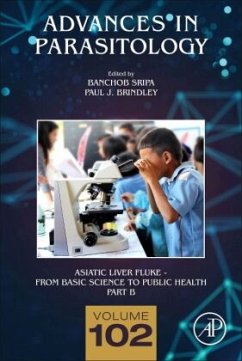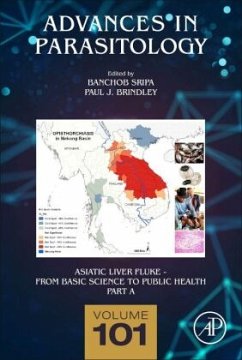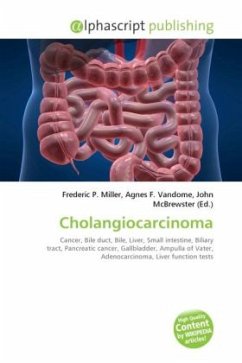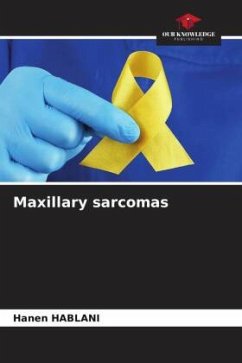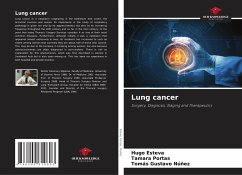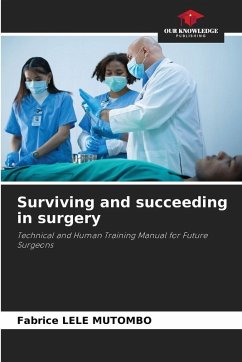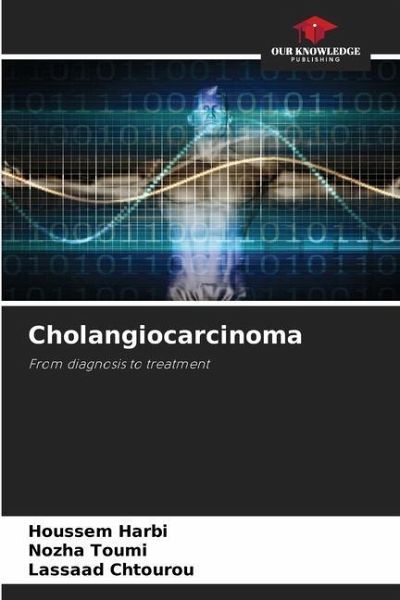
Cholangiocarcinoma
From diagnosis to treatment
Versandkostenfrei!
Versandfertig in 6-10 Tagen
27,99 €
inkl. MwSt.

PAYBACK Punkte
14 °P sammeln!
Biliary tract cancer, or cholangiocarcinoma, is a rare tumor. The natural history of these tumors is poorly understood. Their diagnosis is often made at a late stage, which explains the poor prognosis of this disease, with a short median survival. Anatomically, there are 3 forms: intrahepatic, hilar and extrahepatic. These differ clinically, biologically and in their management. Magnetic resonance imaging (MRI) is currently the examination of choice for making the diagnosis and establishing the extent of the disease, so that appropriate management can be planned. The only curative treatment is...
Biliary tract cancer, or cholangiocarcinoma, is a rare tumor. The natural history of these tumors is poorly understood. Their diagnosis is often made at a late stage, which explains the poor prognosis of this disease, with a short median survival. Anatomically, there are 3 forms: intrahepatic, hilar and extrahepatic. These differ clinically, biologically and in their management. Magnetic resonance imaging (MRI) is currently the examination of choice for making the diagnosis and establishing the extent of the disease, so that appropriate management can be planned. The only curative treatment is surgery. If the tumor is unresectable, the main therapeutic objective is to suppress jaundice and pruritus, in order to improve quality of life. The aim of this book is to present the epidemiological and clinical aspects of cholangiocarcinoma, its diagnostic and imaging features, and its therapeutic management.



